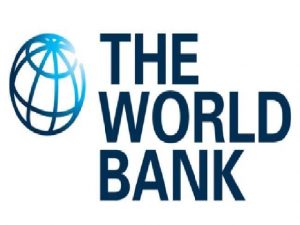World Bank Stops ‘Ease Of Doing Business’ Report:

The World Bank would discontinue the practice of issuing ‘Doing Business report’ following an investigation reported “data irregularities” in its 2018 and 2020 editions (released in 2017 and 2019, respectively) and possible “ethical matters” involving bank staff.
- It will be working on a new approach to assessing the business and investment climate.
Ease of Doing Business Report:
- The report was introduced in 2003 to provide an assessment of objective measures of business regulations and their enforcement across 190 economies on ten parameters affecting a business through its life cycle.
- 10 different parameters namely, Starting a Business, Dealing with Construction permits, Electricity availability, Property registration, Credit availability, Protecting minority Investors, Paying Taxes, Trading across borders, Contracts enforcement, and Resolving Insolvency.
- It ranks countries on the basis of Distance to Frontier (DTF) score that highlights the gap of an economy with respect to the global best practice.
- For example, a score of 75 means an economy was 25 percentage points away from the frontier constructed from the best performances across all economies and across time.
India’s Performance:
- Notably, in three reports, released in 2017, 2018 and 2019, India ranked among the top 10 economies showing “the most notable improvement”.
- Of the 79 positions in the Bank’s Doing Business rankings that India gained between 2014 and 2019, 67 rank improvements happened 2017 onwards, with the biggest 30-rank jump happening in the Doing Business 2018 report, released in October 2017.
- The latest report, published in October 2019, placed India at 63rd in Doing Business, compared with 77th in 2018 and 100 in 2017.
- India, along with other top improvers, had implemented 59 regulatory reforms in 2018-19, accounting for a fifth of all reforms recorded worldwide.
- During 2018-19, India had implemented reforms across parameters such as ‘starting a business’, ‘dealing with construction permits’, ‘trading across borders’, and ‘resolving insolvency’. The government’s goal was to be among the top 50 economies by 2020.
- The scores for India used to be based on coverage of just two cities, with Mumbai carrying a weight of 47% and Delhi a weight of 53%.




